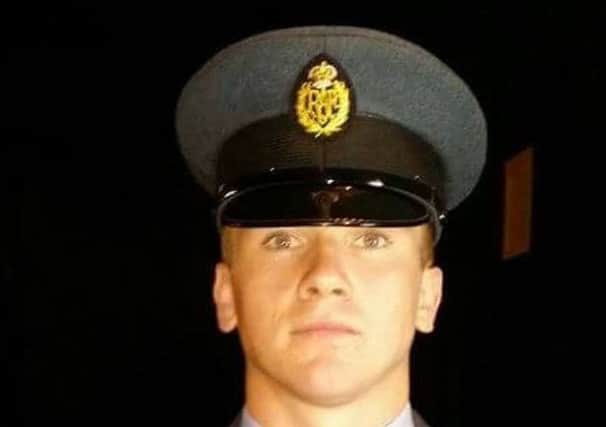Incinerated waste does not contain human remains, say police in search for missing Fife airman


The material was gathered from the Great Blakenham energy-from-waste facility near Ipswich, Suffolk and forensically tested by experts.
But Suffolk police have now confirmed that the waste does not contain human bone material.
Advertisement
Hide AdAdvertisement
Hide AdCorrie, who was on a night out in Bury St Edmunds with colleagues from RAF Honington when he disappeared, is thought to have fallen asleep in a commercial waste bin and carried to a landfill site.
Police have so far sifted through some 6500 tonnes of waste but called off the search after 20 weeks and an independent review of the operation is currently being carried out.
Said a spokesman for Suffolk Constabulary: “Police can confirm that the East Midlands Special Operations Unit will be conducting a detailed review of the investigation to date.
“The aim of the review is to assist in identifying whether there are any other lines of enquiry that should be pursued that could lead to information that would locate Corrie McKeague.
Advertisement
Hide AdAdvertisement
Hide Ad“Investigative reviews are a key part of any lengthy major investigation and we are confident this will be a detailed and impartial review. If this review establishes further lines of enquiry we will pursue them. No set timescale has been set for the completion of the review but the first phase is due to be completed by the end of September.
“As mentioned previously, while we no longer have an operational presence at the site at Milton, the police have agreed with the company that run the site to leave cell 22 in its current state. Cell 22 will not be used for the deposition of waste until the review is concluded.”